Monday
International Students
A surge in international students wishing to study in London has caused campus extensions and building projects worth a total of £4bn. Overseas student surge drives expansion at London universities (FT).
Tuition Fees
The SNP will support Labour’s bid to reduce tuition fees in England. SNP to back Labour on English tuition fees (Scotsman).
Student Votes
New polls suggest that both the two main parties are tied with 31% of student support ahead of next month’s general election. The Greens were the next most popular party, with 25%. Labour and Conservatives neck and neck among student voters (FT).
Tuesday
The Student Vote
A poll of 13,000 undergraduates finds “Green surge” amongst student population at the expense of the Liberal Democrats. Student poll: campus vote swings from yellow to Green (Times Higher Education).
Post-Study Work Visas
Francois Hollande and Indian Prime Minister, Narendra Modi agree to introduce a new two-year post-study work visa for Indian students studying in France. France introduces two-year PSW permit for Indian graduates (The PIE News).
Fossil Fuel Divestment
More than 200 members of staff at UCL and Soas sign a letter to their university boards following languorous negotiations of divestment from fossil fuels. UCL and Soas staff tell their universities to divest from fossil fuels (The Guardian).
Wednesday
Election 2015
Columnist Danny Finkelstein suggests that DPM Nick Clegg will pay a high price for his broken promise on tuition fees. The comment piece suggests Mr Clegg did it because he concluded that his policy had been wrong and the new policy was better. Opinion: Politics will be poorer if Clegg is kicked out, (The Times).
Thursday
Part-time students
The fall in part-time students in the UK means lost opportunities for individuals and the economy, the new head of the Open University Peter Horrocks warns. He is calling for part-time higher education to be made a much higher priority. Warning on loss of part-time students (BBC News Online).
Friday
Student reviews
New rankings published by WhatUni reveal the top universities in the country based on reviews from 20,000 students. Bournemouth are ranked 66th out of 113. The full list can be found here.
Immigration/post degree visas
Leading figures from the world of arts and fashion have warned in a letter to the Guardian that those most likely to contribute to Britain’s arts sector are penalised by the current immigration rules, which make it difficult for those who rely on freelance or unstructured work to qualify for visas. Graduate immigration curbs strip Britain of talent, says arts figures (The Guardian).
I’d also like to highlight that BU Politics Society are holding a question time debate with candidates from parties across Bournemouth and Poole on Monday the 27th April, 7.30-9.00pm. For more information and to register for the event, please click here.




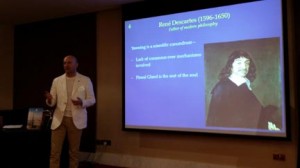

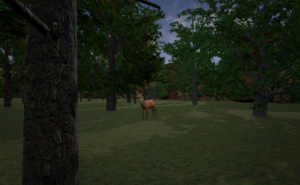
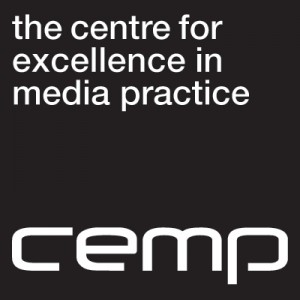
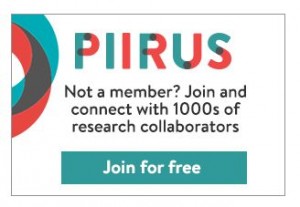
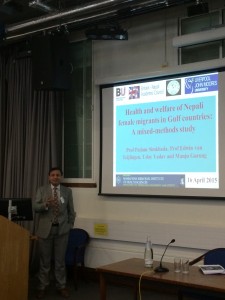











 SPROUT: From Sustainable Research to Sustainable Research Lives
SPROUT: From Sustainable Research to Sustainable Research Lives BRIAN upgrade and new look
BRIAN upgrade and new look Seeing the fruits of your labour in Bangladesh
Seeing the fruits of your labour in Bangladesh Exploring Embodied Research: Body Map Storytelling Workshop & Research Seminar
Exploring Embodied Research: Body Map Storytelling Workshop & Research Seminar Marking a Milestone: The Swash Channel Wreck Book Launch
Marking a Milestone: The Swash Channel Wreck Book Launch ECR Funding Open Call: Research Culture & Community Grant – Application Deadline Friday 12 December
ECR Funding Open Call: Research Culture & Community Grant – Application Deadline Friday 12 December MSCA Postdoctoral Fellowships 2025 Call
MSCA Postdoctoral Fellowships 2025 Call ERC Advanced Grant 2025 Webinar
ERC Advanced Grant 2025 Webinar Update on UKRO services
Update on UKRO services European research project exploring use of ‘virtual twins’ to better manage metabolic associated fatty liver disease
European research project exploring use of ‘virtual twins’ to better manage metabolic associated fatty liver disease